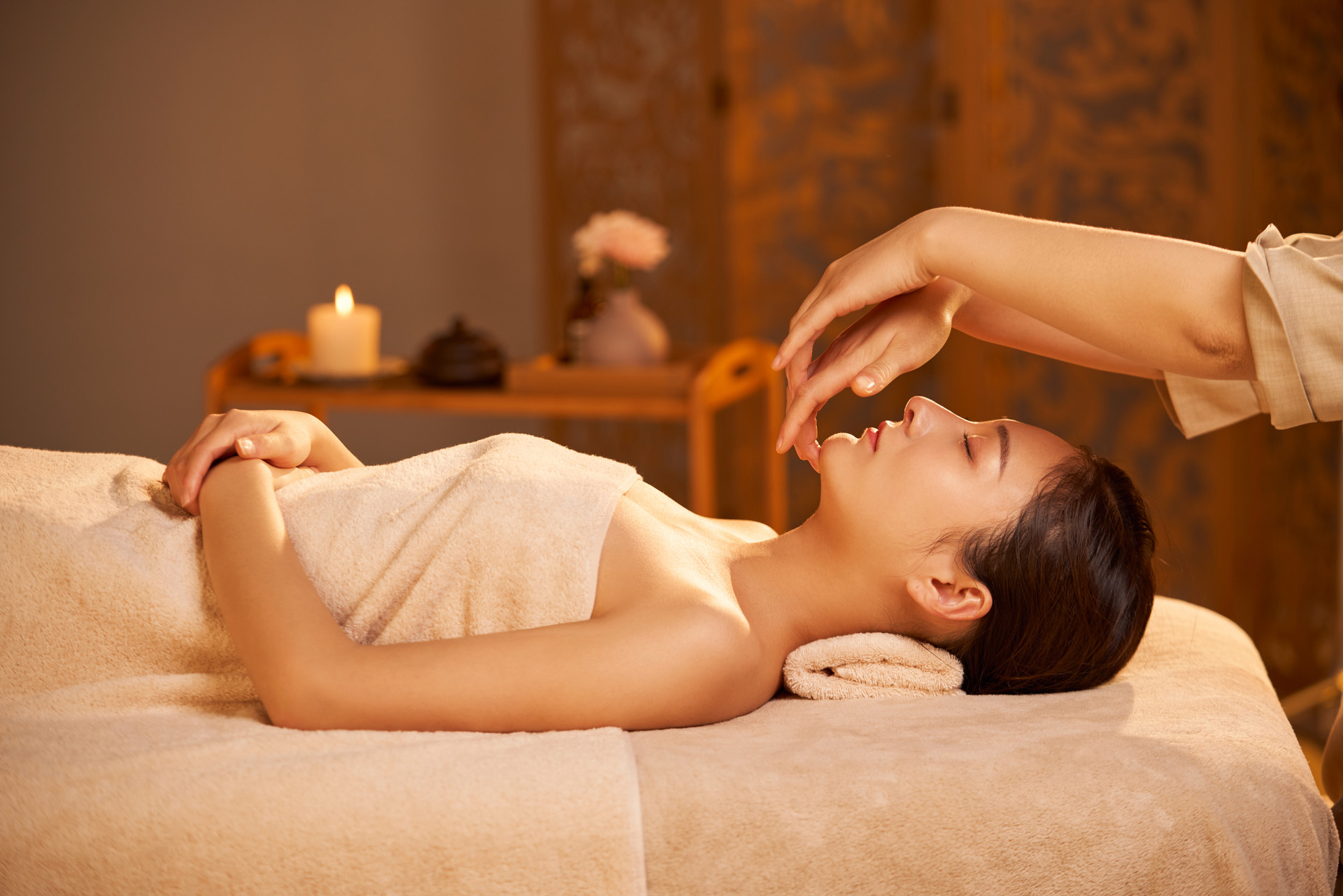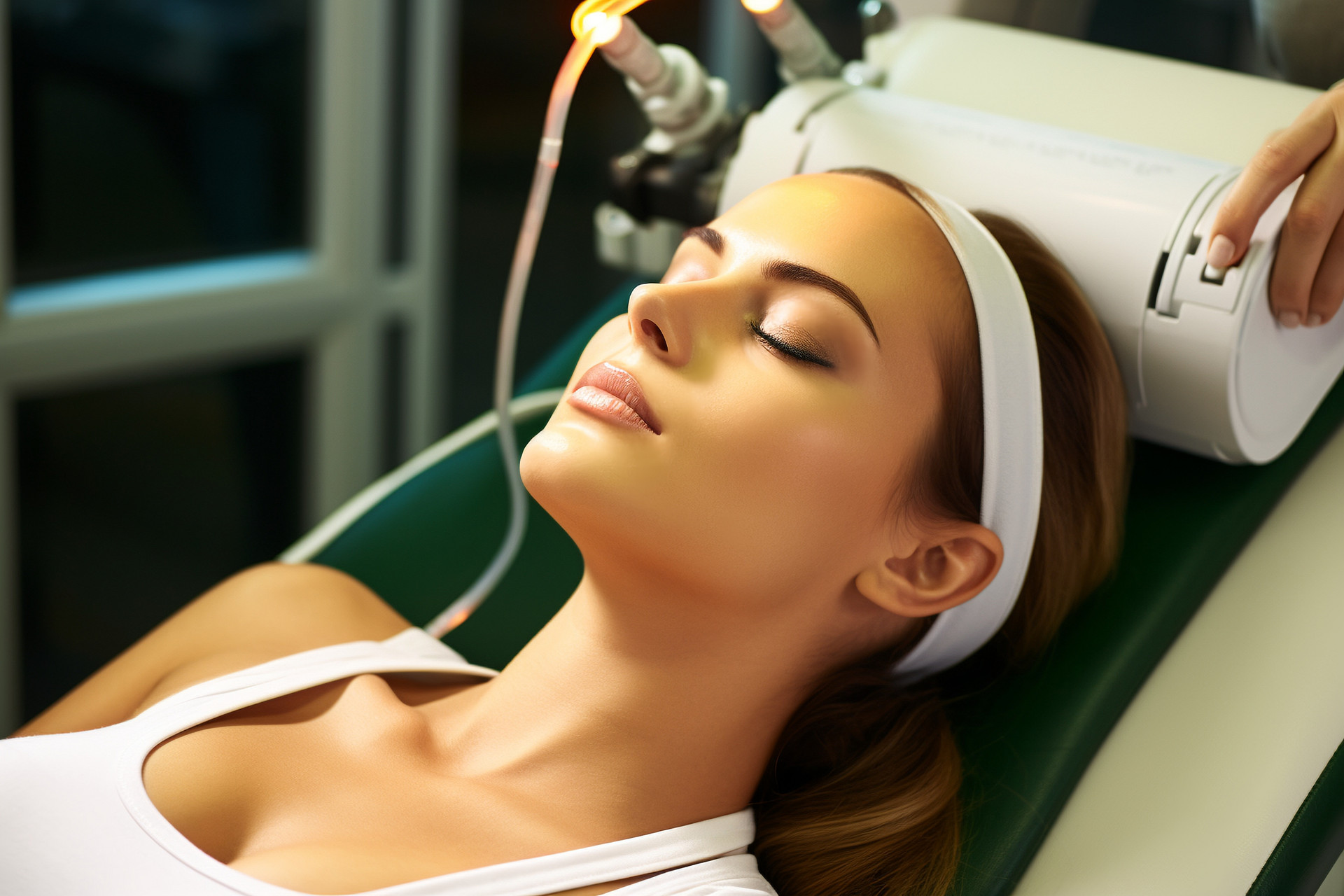
People have long been concerned about teeth and dental diseases. Words like "teeth" and "caries" are recorded in oracle bone inscriptions. As the saying goes, "illness enters through the mouth," dental diseases can seriously harm our overall health. Here, we will introduce four methods for maintaining healthy teeth.
Mouthwash Mouthwash is the simplest method for oral hygiene. It can be done using water, tea, saltwater, or medicated mouthwash. The book "The Complete Book of Golden Elixir" from the Eastern Han Dynasty recorded, "The toxins from food and drink accumulate in the gaps between the teeth. If you brush and rinse at night, the plaque and dirt will be completely removed, and the teeth will remain healthy." It also points out, "Rinsing at night is better than in the morning, which is good for dental health." This fully reflects the importance of mouthwash for oral hygiene, which is in line with modern dental health concepts.
Tooth Tapping Tooth tapping is the most popular method for dental care. Ge Hong, a famous physician from the Jin Dynasty, advocated the practice of "tooth tapping" ("firm teeth"). It involves lightly tapping the upper and lower teeth 300 times every morning, which has the benefits of strengthening the teeth, refreshing the mind, and improving physical fitness. Modern medical research shows that tooth tapping can stimulate the nerve cells of the periodontal and tooth tissues, promote blood circulation, salivary gland secretion, digestion, and absorption.
Medicated Dental Care Ancient medicated dental care mainly had two methods: internal administration and external use. Internal administration was guided by the principles of syndrome differentiation and treatment. For example, for those with kidney deficiency, the treatment would focus on nourishing the kidneys, while for those with stomach fire, the treatment would aim to clear the stomach and eliminate the fire. External use of medicated dental care, besides mouthwash mentioned earlier, also included common items like Chinese herbal tooth powder, toothpaste, and toothpaste paste. The earliest medicated toothpaste, as recorded in the Song Dynasty's "Taiping Shenghui Fang," was made by boiling willow branches, locust tree branches, and mulberry branches, and then mixing them with asarum powder and hibiscus powder for daily tooth brushing.
Reducing Sugar Intake The formation of dental caries is related to excessive consumption of sweets, which leads to the proliferation of bacteria and tooth decay. To maintain healthy teeth and oral hygiene, it is necessary to reduce sugar intake. Additionally, one should avoid consuming extremely hot or cold food, and should not immediately rinse with hot water after consuming cold food, or rinse with cold water immediately after consuming hot food.






